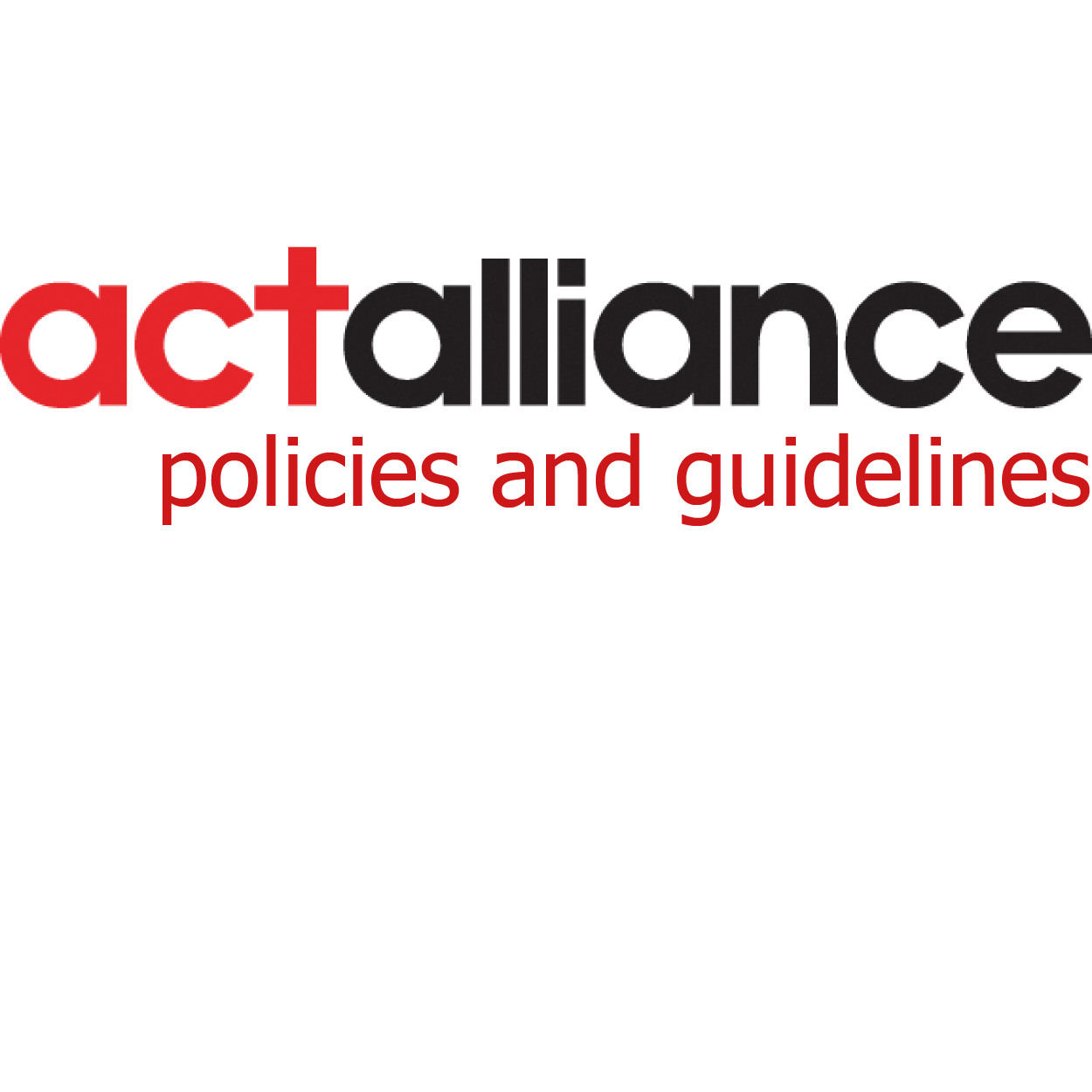ACT Alliance has developed guiding principles to assist ACT staff, consultants and volunteers in providing community-based psychosocial support work with countries around the world. Community-based Psychosocial Support adds a mental and social dimension to traditional humanitarian aid and has assumed considerable significance as a focus for relief efforts. It has been shown that when the affected people’s psychosocial wellbeing has been addressed, they are more likely to benefit from the other components of recovery efforts.
These guiding principles are meant to serve as a reference for psychosocial support initiatives held by the members of ACT Alliance. These guiding principles uphold the standard of quality of psychosocial work and represent best practices in this area. They are based on the principles of respect for human beings and their human rights, gender equality, understanding and enablement.
Community based psychosocial support (CBPS) is an approach in which humanitarian relief integrates psychosocial aspects into the response. Psychosocial well-being depends on many aspects of a person’s life. To achieve a sense of well-being, people rely on social interaction; mental stimulation and learning; physical security and safety; and religious and spiritual beliefs. Their material and biological as well as their psychosocial needs must be met in terms of food, water, shelter, sanitation, physical and mental health. They also need economic stability. Following a disaster, the manner in which people’s basic needs, safety and security are met has an impact on their well-being and recovery.
The foundation of all community-based psychosocial work is the recognition of the affected community’s capacity for recovery, resilience and future rebuilding and development. Psychosocial support goes beyond the initial phases of emergencies and distressing events. It is important to foster capacity building towards self-governance and collective decision making for ongoing community development. All communities and individuals have resources and strategies for dealing with difficulties, illness, and distress. It is the responsibility of humanitarian workers to respect, understand and enable the community and individuals in their own recovery. The strategies for dealing with difficulties can never be supported when individuals’ basic human rights are abused.
The ACT CBPS Guiding Principles are available in English, French and Spanish.
ACT CBPS Guiding Principles ENGLISH
